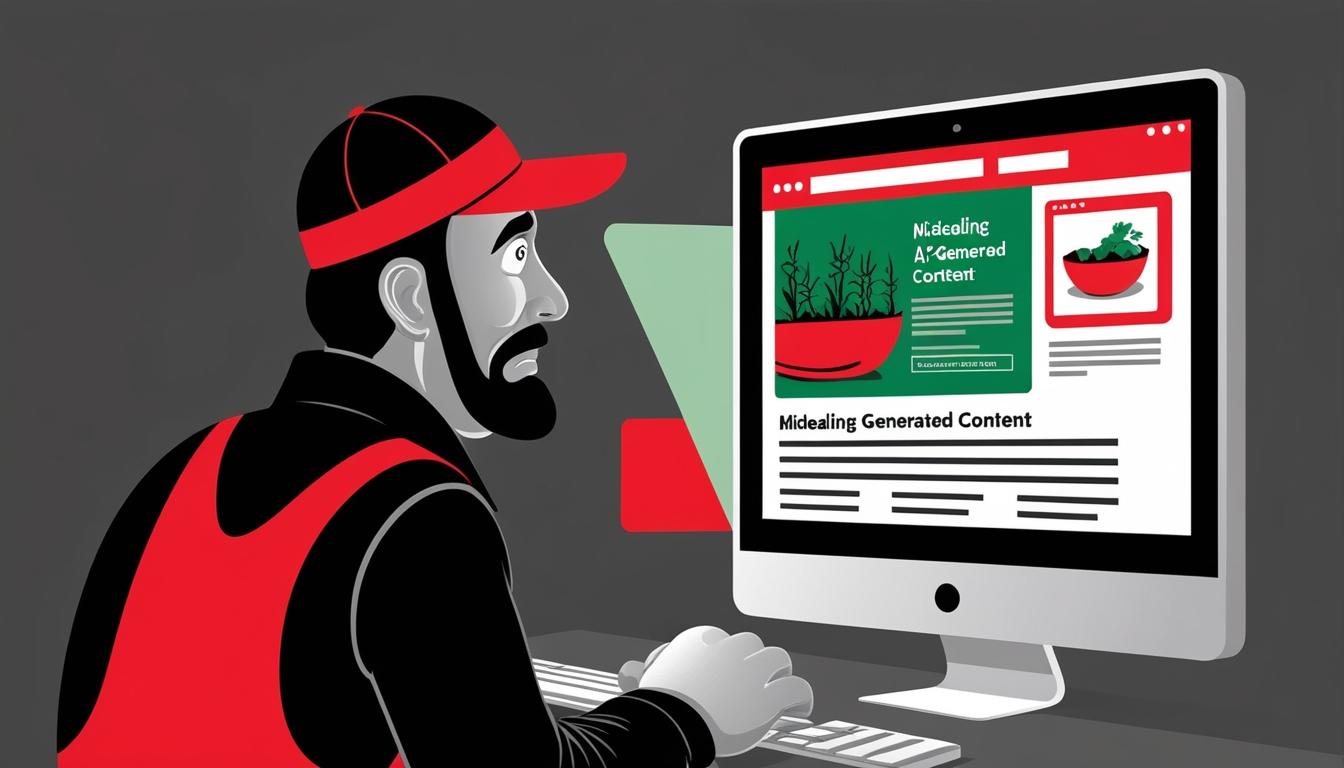The increasing prominence of generative artificial intelligence (AI) within various sectors, including the agricultural industry, is generating significant attention as its applications expand. Over the past two years, the utilisation of AI-generated content has surged, making its presence felt across social media platforms and established publishing outlets, with Sports Illustrated notably emerging as a key case in point.
There is an ongoing discourse regarding the transparency and ethical implications of such content, with some critics labelling the practice as "outright dishonest." Many argue that without stringent rules and guidelines, the potential for misuse becomes high. A notable instance cited involves a viral AI-generated image of a young girl holding a puppy, which circulated widely following Hurricane Helene's impact on the East Coast last autumn, eliciting sympathy before the deception was revealed.
The agricultural sector is not immune to these developments, as the industry is increasingly pressured to generate AI content that resonates with online search trends. As organisations host workshops on AI-generated content, media outlets are compelled to adapt to the "AI Overview" format that Google's algorithms favour, often at the expense of traditional engagement metrics such as article clicks and unique page views.
In recent weeks, social media activity has included a range of AI-generated images that play on emotional narratives related to food and farming. These artefacts frequently position farmers unfavourably, inviting outrage and insult. An example involves misleading visual narratives that exploit the appearance of individuals portrayed within these images, amplifying associated rhetorical messages without any basis in reality.
Ryan Tipps, the founder and managing editor of AGDAILY, expressed concerns about the pervasive nature of these misleading representations and how they can reach users regardless of their followership choices on platforms such as Facebook. "I don’t follow these types of sh!tposting sites because they are intentionally misleading and create outrage either for the sake of clicks or so that they can sell some alternative 'natural wellness' product and make a few bucks," he noted.
The platforms themselves, while starting to introduce labels indicating AI-generated content for transparency, are seen by some as needing to strengthen their efforts against sensationalism. The expectation is that without proactive measures, the situation might deteriorate further.
Despite the rise of AI-generated content, many in the agricultural sector remain cautious, with AGDAILY's editorial team opting not to embrace this trend fully. The potential pitfalls are evident, particularly regarding trust and authenticity in information dissemination. "We would risk pulling from a search database of historically polluted information from groups such as the Environmental Working Group or the Humane Society of the U.S.," Tipps explained. This concern underlines the challenge for agricultural communicators to navigate the evolving landscape of content creation responsibly while maintaining the integrity of information shared with the public.
As the conversation surrounding the implications of AI automation in business practices continues, industry stakeholders are encouraged to remain vigilant about the authenticity and reliability of content consumed and shared.
Source: Noah Wire Services
